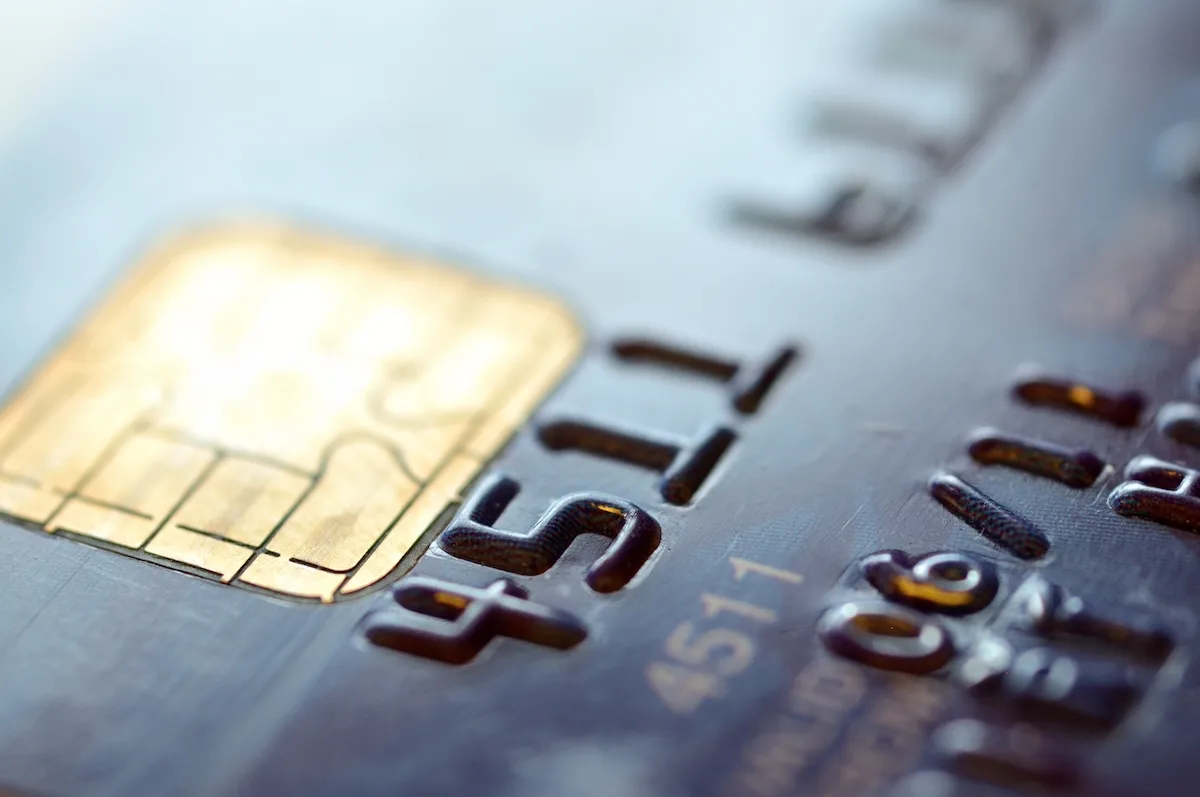6 Subtle Signs You’re the Victim of Bank Fraud, According to Experts

With fraud on the rise, protecting your finances is more important now than ever. In fact, the Federal Trade Commission (FTC) reports that consumers lost more than $3.3 billion to fraud in 2020, marking a dramatic increase from $1.8 billion in fraud-related losses in 2019. Bank fraud can be especially pernicious since it doesn’t necessarily require you to fall for a scam.
If you notice any of the signs of bank fraud, it’s important to take immediate action, advises Sarah Martinez, a private investigator, financial fraud expert, and founder of Privacon Investigations.
“Contact your financial institution to report the suspicious activity, and freeze your accounts until things are resolved,” she recommends. “Additionally, you may also report the incident to law enforcement and your credit reporting agency. Regularly review your financial statements. and check your credit report frequently.”
Wondering which red flags to look out for? These are the six subtle signs that you’re the victim of bank fraud, according to experts.
RELATED: Woman Loses $33,000 to Bank Scam—Here Are the Red Flags She Missed.
1
You notice unrecognized bank transactions.

Stephen R. Hasner, managing partner of the Georgia-based law firm Hasner Law PC, says that one of the most common signs of bank fraud is to see unusual charges on your financial statements. Fraudulent medical expenses are an especially common problem since everyone has medical bills and few people monitor their insurance plans closely.
“You’d be surprised at how well this tactic works. People don’t remember the pharmacy where they bought their prescriptions or the health center they visited, so they can’t confidently verify (or push back) on the charges they see on their statement,” he notes.
Martinez says there are simple ways to help prevent this type of problem. “Utilize online banking notifications to stay informed as to any unusual transactions,” she tells Best Life. “Check your bank and credit card statements regularly, and be cautious of small, insignificant charges—oftentimes a fraudster may test an account before attempting larger transactions,” she warns.
2
You’re denied account access.

If you go to log into your bank accounts and you find that you’re locked out or your password has changed, this is a likely sign that someone is attempting to commit bank fraud.
“Multiple unauthorized login attempts or changes to your account information may indicate that someone is trying to gain unauthorized access,” explains Martinez.
To avoid this, use unique passwords, be sure to change them with some frequency, and enable two-factor authentication for added password protection. Never share your personal information with anyone, and notify your bank immediately if you believe that your account may have been compromised.
RELATED: If You Get a Phone Call From One of These 12 Numbers, It’s a Scam.
3
You’re missing mail or bank statements.

Martinez says another red flag that you may be the victim of bank fraud is that you’ve noticed a sudden change in how your statements are delivered to you—or they’ve stopped showing up entirely.
“If you typically receive mailed statements, and they suddenly stop, it may be a sign that a fraudster has changed your contact information to access your account and conceal their identity,” Martinez notes.
4
You’ve had a legitimate transaction declined.

Next, if your legitimate transactions are declined, this may be due to past fraudulent activity, Martinez says. Instead of simply switching to another form of payment, it’s important to call your bank to get to the root of the problem.
“Communication is key,” says Ashley Akin, CPA, a senior tax associate and an expert contributor at Dividend Earner. “Reporting suspicious activity to your bank immediately gives them the best chance to investigate, stop potential losses, and keep your accounts secure going forward. In many cases, people aren’t liable if reported promptly.”
RELATED: Banks Abruptly Closing Accounts Nationwide—Here’s How to Protect Your Funds.
5
You receive unexpected replacement cards.

If you receive a replacement credit card in the mail, you should never assume that this is normal protocol for your bank.
“If new credit or debit cards begin arriving in the mail, it could be a sign that someone has attempted to change your account information,” says Martinez.
“Being vigilant yet level-headed is the best way to avoid fraud stress—know the signs so you can act, but also remember banks want to help if problems do arise,” adds Akin. “With some simple precautions, everyone can feel safer with their financial accounts.”
6
You’ve received suspicious texts from your bank.

Finally, according to a new 2023 analysis from the FTC, fake bank fraud warnings were the most common form of text message scam reported to the agency in 2023. In fact, “reports of texts impersonating banks have increased nearly twentyfold since 2019,” the FTC writes.
In this phishing scam, fraudsters pretending to represent the bank ask people to verify large transfers or purchases that they didn’t make. After creating a sense of urgency, the fraud victim is connected with a fake customer service representative, who collects their private information and uses it for fraudulent purposes.
If you receive a text like this, rather than connecting through a phone number they provide, be sure to call your bank’s main customer service line. They will verify whether or not the warning in the text is fraudulent, helping you avoid a financial catastrophe.
For more financial safety tips sent directly to your inbox, sign up for our daily newsletter.